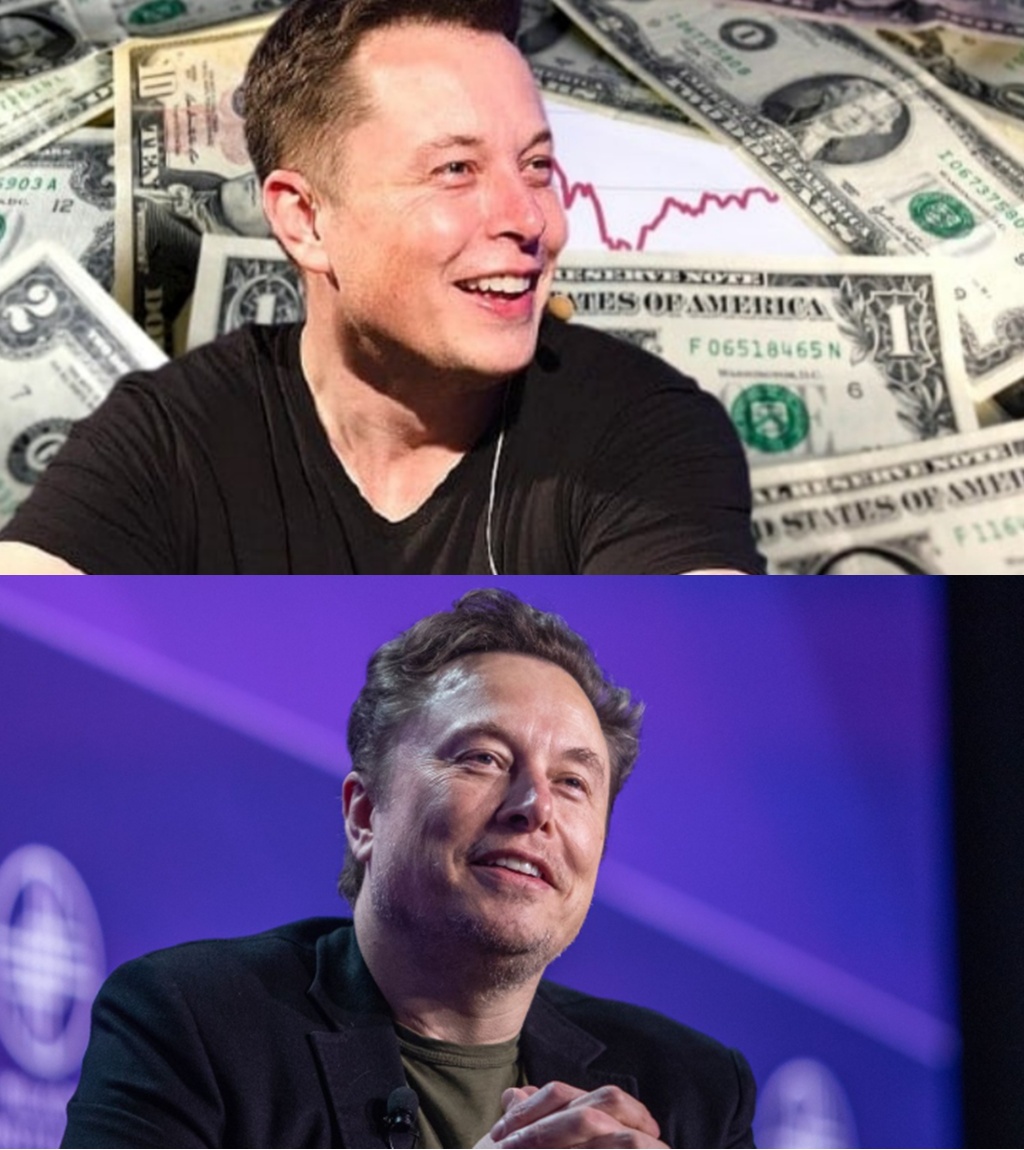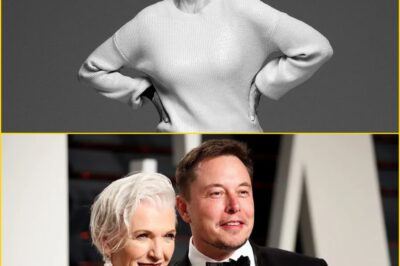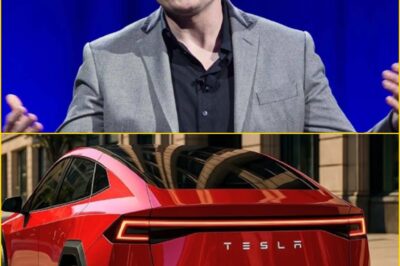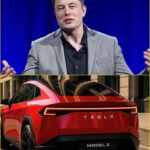Elon Musk’s $24 Billion Payday: How One Man Just Cashed Out More Than Tesla Earned in Two Years — And Why It’s Reshaping Corporate Power Forever
In the most staggering executive payout in modern history, Elon Musk has secured a $24 billion bonus — a sum so large it eclipses Tesla’s total net profit from the last two years combined. The deal, unprecedented in scale and symbolism, raises a pressing question: Is this still about money, or is it about absolute power?
Let’s take a closer look at how we got here, what it means for Tesla, and why this moment could mark a turning point in the balance between shareholders and superstar CEOs.

The Deal That Shook Wall Street
This isn’t a traditional paycheck. Musk’s $24 billion windfall comes as part of a 12-tranche, performance-based compensation package approved in 2018. The terms were bold: Musk would receive zero salary and no cash bonuses, but for every milestone Tesla hit — in market cap, revenue, and adjusted earnings — Musk would unlock massive stock option grants.
In 2025, those milestones were not only met — they were shattered. Tesla became one of the most valuable companies in the world, and Musk’s leadership, despite its controversies, proved undeniably effective in terms of growth and scale.
But the scale of the payout stunned even seasoned analysts.
“This isn’t just a bonus,” said an executive compensation expert from Harvard Business School. “It’s a transfer of generational wealth, and a case study in how much power a board will give to a visionary.”
More Than Tesla’s Entire Two-Year Profit
To put it into perspective: Tesla’s combined net income in 2023 and 2024 totaled approximately $19.6 billion. Musk’s bonus? A jaw-dropping $24 billion.
Let that sink in. One man’s compensation exceeded the net profit of the company he leads over a 24-month period.
This has ignited a firestorm of debate in financial circles, the media, and among Tesla shareholders. Is it justified? Is it responsible? And perhaps most importantly — is it sustainable?
Is It About Money — Or Something Bigger?
Musk has long claimed that money is not his motivator. He famously sold his mansions, draws no traditional salary, and pours his wealth into space travel, artificial intelligence, and infrastructure.
But the $24 billion payout isn’t just wealth — it’s influence, leverage, and control.
With his massive Tesla stock holdings (now even larger), Musk can shape not only the future of the company but potentially the future of entire industries — from autonomous vehicles to energy grids and beyond.
This payout cements him not just as a CEO, but as a corporate force of nature, one with near-monarchic sway over the direction of some of the world’s most consequential technologies.
Critics vs. Supporters: A Divided Boardroom
The reactions to the payout have been polarizing.
Critics argue that:
The size of the bonus is excessive and irresponsible.
It sends a dangerous message about unchecked executive power.
Tesla’s board has become a rubber stamp for Musk’s ambitions.
Supporters counter that:
Musk delivered unparalleled results, turning Tesla into a global powerhouse.
The deal was pre-approved by shareholders and based entirely on performance.
Tesla would not exist in its current form without Musk’s vision and risk-taking.
“Musk earned every cent,” said a longtime investor. “This is capitalism — and he just played the game better than anyone else.”
What This Means for Corporate America
Musk’s bonus package could have ripple effects far beyond Tesla. It challenges long-held assumptions about CEO compensation, corporate governance, and the balance of power between boards and visionary founders.
We may now be entering an era where mega-payouts are no longer the exception, but the benchmark — especially for CEOs who promise to “change the world.”
But with that comes new scrutiny, new risks, and new questions: Who holds these leaders accountable? And at what point does reward turn into worship?
The Final Word
Elon Musk’s $24 billion payout isn’t just about numbers. It’s about narrative. It’s about control. And it’s about the evolving role of the modern CEO.
Love him or loathe him, Musk has redrawn the boundaries of what’s possible — and permissible — in corporate America.
The world is watching what he’ll do next. With $24 billion more in his corner, the possibilities are just as staggering as the payday itself.
News
Maye Musk on Raising the World’s Most Fearless Innovator: ‘There’s Nothing a Musk Can’t Do — Not When Failure Was Never an Option’
She’s been a model, a dietitian, a single mother, and a survivor — but to many, Maye Musk will forever…
‘He Never Stops’: Maye Musk Says Elon’s Late-Night Meetings Nearly Broke Her — But Agrees No One on Earth Works Harder Than Him
Maye Musk shared insights into her son and Tesla Inc. (NASDAQ:TSLA) CEO Elon Musk‘s work habits, emphasizing his dedication. In a social media post…
Elon Musk’s SpaceX Unveils Supersonic Space Jet That Defies Physics — The Mind-Blowing Breakthrough Set to Redefine the Future of Space Travel
Elon Musk has done it again — and this time, he’s not just aiming for the stars, but for the…
Elon Musk Unleashes the Future: Tesla’s Mind-Blowing New EV Promises Zero Charging, Infinite Range, and AI So Smart It Feels Alive
The wait is finally over — and Elon Musk has once again changed the game. Before a roaring crowd of…
Elon Musk’s Fearless Obsession: How the World’s Most Controversial Innovator Turned Chaos, Criticism, and Risk Into the Blueprint of Tomorrow
He’s been called reckless, unstoppable, and even unhinged — yet somehow, Elon Musk continues to bend reality to his will….
Gus Lamont Case: The Family Secrets They Tried to Hide – SHOCKING Details Exposed
The mystery surrounding the disappearance of four-year-old Gus Lamont has taken a dark and heartbreaking turn — and investigators are…
End of content
No more pages to load












